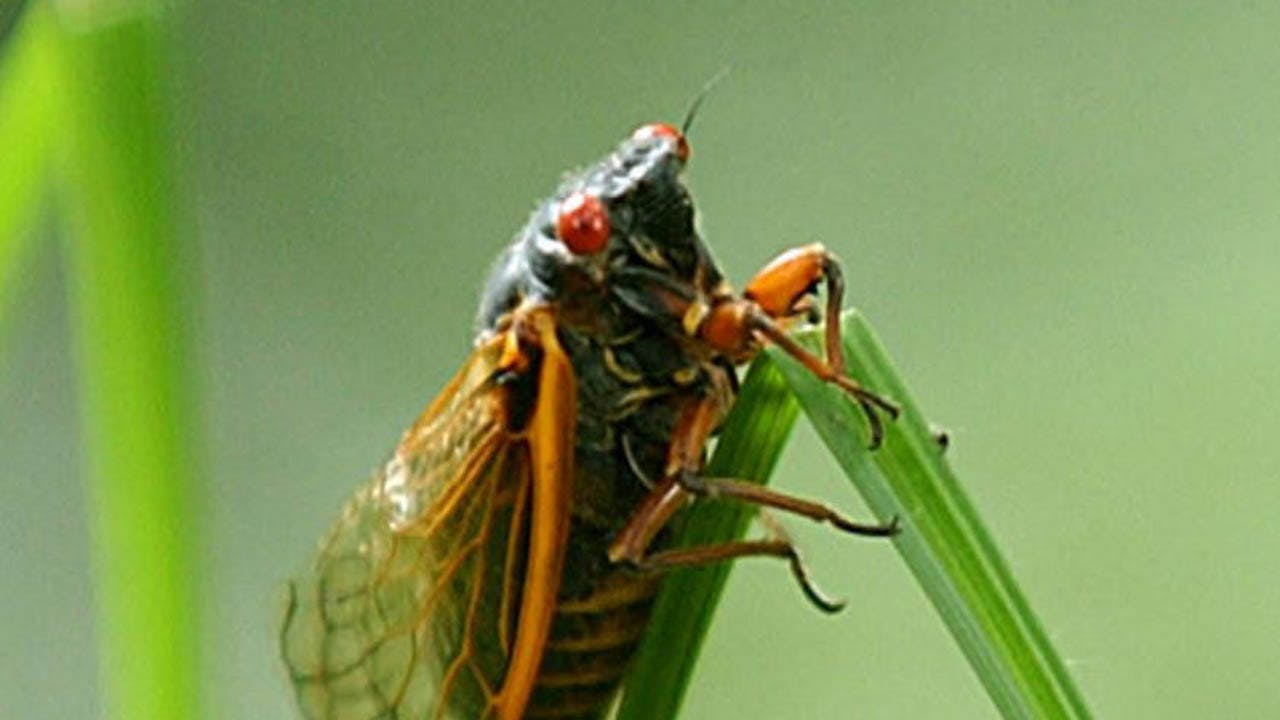After 17 Years Underground, Cicadas Will Return To Swarm Parts Of The U.S. This Year

People in parts of Virginia, North Carolina and West Virginia may open their windows this summer to hear a strange buzzing sound. It's the din of millions of cicadas, which will be awakening in the region after spending 17 years underground.
Cicadas emerge in different parts of the country at different times – either annually, or periodically every 13 or 17 years. This particular invasion will be from Brood IX, which has not swarmed the region since 2003-2004, Virginia Tech's Department of Entomology in the College of Agriculture and Life Science said in a press release.
Some parts of the region experienced the natural phenomenon in 2013 when Brood II emerged. But with as many as 1.5 million cicadas per acre expected to emerge this year, the region will have to get used to the strong buzzing sound.
"Communities and farms with large numbers of cicadas emerging at once may have a substantial noise issue," said Eric Day, an entomologist in Virginia Tech's Department of Entomology said. "Hopefully, any annoyance at the disturbance is tempered by just how infrequent — and amazing — this event is."
The periodical cicadas live in the soil and feed on tree roots, leaving their brown husks behind as they construct mud tubes to crawl out of the soil. Their timing depends on the species, the department said.
The 13- or 17-year timing of this process is "one of the great mysteries of the insect world," the press release reads. "Research and mathematical modeling suggest that the length of these brood cycles could be attributed to predatory avoidance."
"When the cicadas emerge, the amount of biomass they provide could serve as a food source for potential predators to take advantage of," the release continues. "It is theorized that these cicadas have evolved to avoid synching up with predator cycles by having a 13- or 17-year prime number emergence interval."
The website Cicada Mania tracks which years certain regions of the U.S. will see the return of periodical cicadas. Last year, Brood XIII infiltrated Ohio, Pennsylvania, West Virginia and Oklahoma, according to the site.
Next year, Brood X is expected to swarm Delaware, Georgia, Illinois, Indiana Kentucky, Maryland, Michigan, North Carolina, New Jersey, New York, Ohio, Pennsylvania, Tennessee, Virginia, West Virginia and Washington DC.
First published on May 20, 2020 / 3:08 PM
© 2020 CBS Interactive Inc. All Rights Reserved.